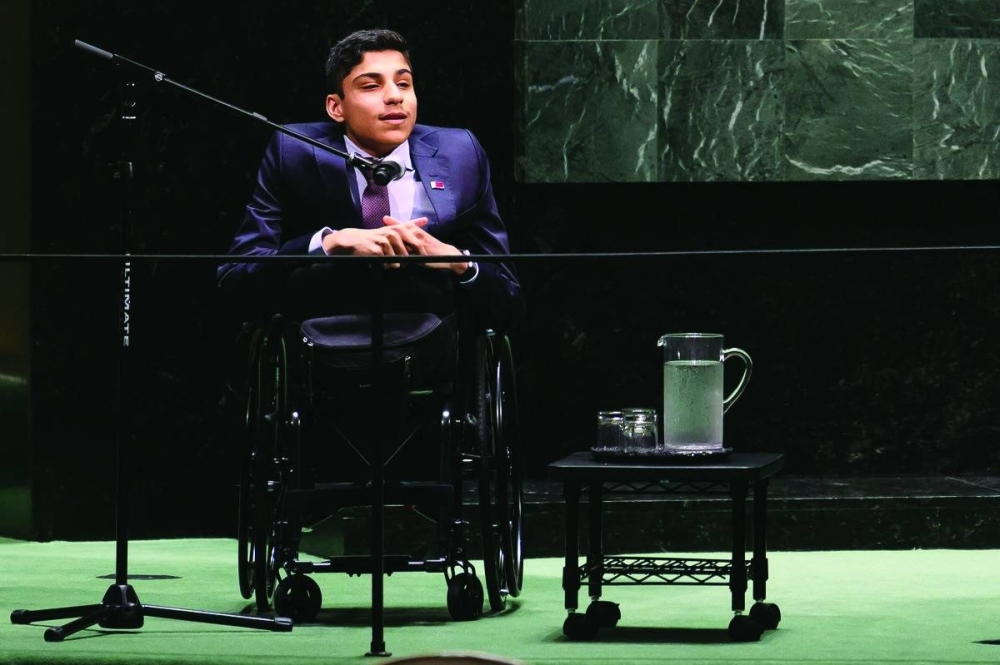The number of individuals with disabilities in Qatar makes up less than 0.50% of the total population.
The United Nations hosted a mandated Conference of State Parties (COSP 16) to discuss the implementation of rights stipulated for persons with disabilities.
The five-day conference held last week saw Qatar lauded for its efforts in the accessibility sector.
Various themes were discussed during the sixteenth session of COSP 16, including: ensuring equal access to reproductive health services, digital accessibility, and reaching under-represented groups with disability.
The UN Security General said in a statement that individuals with a disability are hit the hardest and often neglected in times of crisis.
“The progress we achieved is at risk of reversing,” he said, referring to the lingering effects of the COVID-19 pandemic, the worsening climate emergency, conflicts, soaring humanitarian needs and the global cost-of-living crisis.
“My commitment is ironclad: guided by persons with disabilities and their representative organisations, we will not stop until disability inclusion and accessibility are fully built into every aspect of our work – across every policy, programme and operation, from headquarters to the field,” he added.
Minister of Social Development and Family Maryam Al-Misnad echoed these goals by pointing to the commitments Qatar offers for its disabled individuals, including the “creation of high-quality professional centres for the service of persons with disabilities.”
Qatari youth Ghanim al-Muftah also delivered a speech as a representative for persons with disabilities, stating that he is proud to represent Qatar in the international conference convened at the UN Headquarters as well as at the opening ceremony of the FIFA World Cup Qatar 2022 tournament.
The number of individuals with disabilities in Qatar makes up less than 0.50% of the total population.
Accessibility initiatives in Qatar
Qatar has various initiatives underway to improve accessibility for persons with disabilities and provide them with opportunities for education and employment.
Mada strives to empower and enable persons with disabilities through information and communication technology.
The Shafallah Center for Children with Special Needs provides support and counseling services to families, as well as educational, instructional, social, vocational and recreational services to children with special needs.
The Al Noor Institute for the Blind offers educational services not just to people living in Qatar, but anyone who may be in need of its services all year-round.
Programmes are tailored to fit the individual needs of each client, giving him/her practical skills.
Qatar has also started numerous social integration plans as well as plans that include family involvement in mental health strategies.
